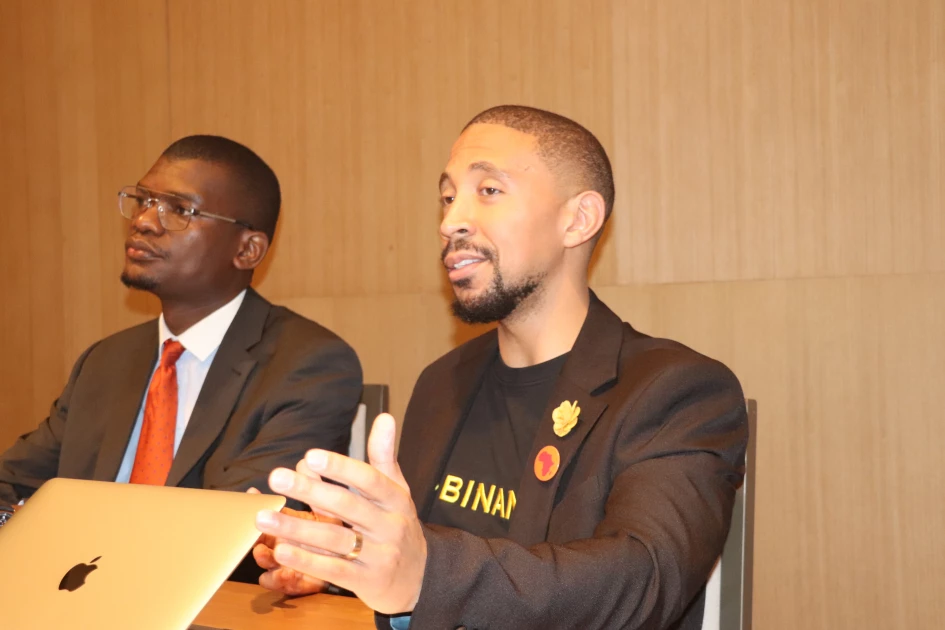

Africa’s eyes are on Kenya as the country presses towards developing a legal framework to regulate the trading of cryptocurrencies.
Speaking during a joint press briefing in Nairobi, Binance, the world’s leading blockchain ecosystem by volume, and the Virtual Assets Chamber (VAC) hailed Kenya for the progress made through the Virtual Asset Service Provider (VASP) Bill, 2025, published by the government in March.
The two agencies called for a balanced and innovation-focused approach to taxation that can unlock the full potential of Kenya’s emerging crypto economy.
Led by Larry Cooke, Binance’s head of Legal for Africa, and Allan Kakai, director of VAC, Kakai commended ongoing efforts to bring clarity to the digital asset space but noted that aligning tax policy with this forward momentum is key to ensuring that Kenya does not miss the opportunity to become Africa’s digital asset hub.
“We are committed to working with policymakers to carve out regulations that are suitable for companies operating in Africa and users based in Africa,” Cooke said.
“While the VASP Bill is a welcome move, the current tax approach risks slowing progress. We’ve proposed a model that encourages industry growth, protects everyday users and avoids overburdening users.”
“Kenya is already leading the way with proactive policymaking,” added Cooke. “With smart, enabling tax policies, it can become the epicentre of blockchain innovation on the continent.”
Both leaders reiterated their shared vision of Kenya becoming the capital of crypto in Africa, a hub capable of supporting companies that serve all 54 African countries and over 300 million people.
According to Kakai, with the right regulations, those that promote innovation, attract investment, and expand economic opportunity, Kenya can lead the continent
“Positive policies will unlock job creation, increase government revenue, and bring more traditional finance players into the space.”
Both parties also emphasised the importance of sector-wide education for users, professionals, and enforcement bodies.
“Education is critical,” said Kakai. “Binance is leading in this space, but we all need to ensure that lawyers, accountants, and regulators are empowered. The entire ecosystem must be supported for responsible growth to happen.”
The 2025 Bill highlights key modifications from the 2024 draft and their implications for businesses operating in or entering Kenya’s virtual asset market.
The revised Bill provides that virtual assets wallets now fall under the regulation of the Central Bank of Kenya (CBK), while virtual assets investments, exchanges and token platforms fall under the regulation of the Capital Markets Authority (CMA).
Stablecoins are designated to be regulated by the CBK, whereas initial coin offerings (ICOs) will fall under the regulatory oversight of the CMA.
Additionally, the revised proposed law introduces provisions for token issuance platforms for the issuance and secondary trading of real assets.
Previously, licensees were only required to maintain a registered address; now, they must maintain a physical office in Kenya.
By requiring a physical office, regulatory authorities can conduct on-site inspections, verify books of accounts, systems, and infrastructure, and enforce AML/CFT obligations.
This helps to verify that the licensee is not just registered but is conducting business, hence deterring operators with no real-world presence.

















